Vitamin D, often dubbed the “sunshine vitamin,” is essential for maintaining healthy bones, supporting the immune system, and regulating calcium in the body. It’s also linked to mood stability, disease prevention, and metabolic health. Yet despite its importance, more than 40% of Americans aren’t getting enough.
While sunlight is a natural and efficient way to help the body produce vitamin D, it’s not always practical—especially in colder months, for those with limited outdoor access, or anyone trying to minimize UV exposure. Fortunately, nature has gifted us with plenty of delicious foods rich in vitamin D, and they’re easier to enjoy than you might think.
Ready to nourish your body and brighten your plate? Here are eight fantastic vitamin D–rich foods that can help fill in the gap—plus some tasty recipe ideas to get started.
1. Salmon: The Superstar of Vitamin D
Salmon is not only loaded with omega-3 fatty acids and high-quality protein, but it’s also one of the best natural sources of vitamin D. Wild-caught varieties typically provide the highest levels. Enjoy it baked, grilled, pan-seared, or even canned for a more budget-friendly option.
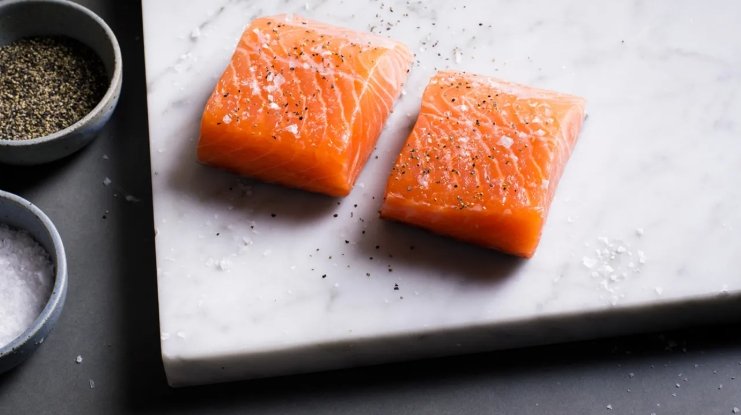
💡 Recipe idea: Try a lemon-dill baked wild salmon served over quinoa with steamed greens for a nourishing, flavor-packed meal.
2. Rainbow Trout: A Colorful Catch with Benefits
Just one serving (about 3 ounces) of cooked rainbow trout delivers over 100% of your daily vitamin D requirement. Bonus: trout is packed with protein, B vitamins, and essential minerals. And since most U.S. trout is farm-raised, it tends to have lower mercury levels than other popular fish.

💡 Recipe idea: Rainbow trout with apple pearls and a Riesling butter sauce makes for an elegant, nutrient-rich dinner.
3. Mushrooms: Plant-Based Powerhouse
Not just for vegetarians, mushrooms are one of the few non-animal foods that naturally contain vitamin D—especially when exposed to UV light. Look for varieties like portobello, shiitake, or chanterelle that are labeled “UV-exposed” for maximum benefits.
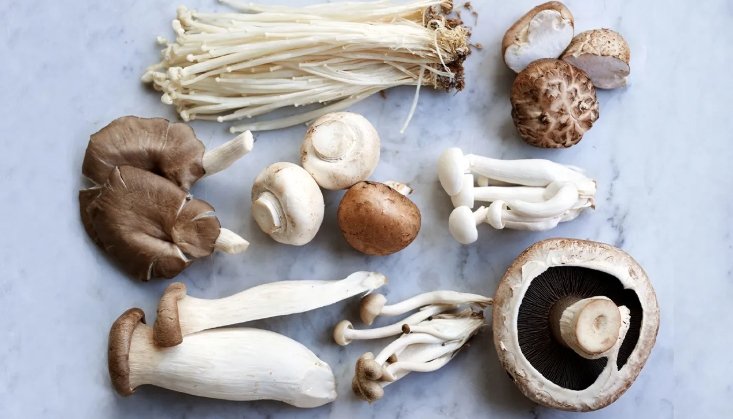
💡 Recipe idea: Toss some sautéed mushrooms into a barley and herb salad or layer them into a veggie-packed omelet.
4. Egg Yolks: Small But Mighty
If you’ve been skipping the yolk, it might be time to reconsider. The vitamin D in eggs resides solely in the yolk, along with essential amino acids, healthy fats, and choline. Pasture-raised or free-range eggs offer significantly more vitamin D than their conventional counterparts.
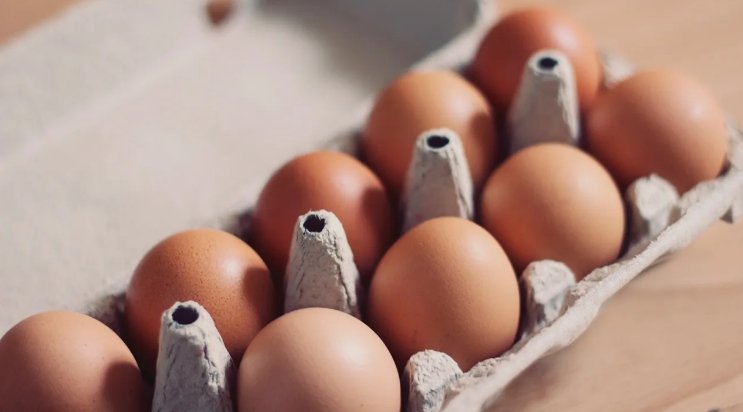
💡 Recipe idea: Build a savory breakfast bowl with tahini-drizzled eggs, sautéed greens, and roasted sweet potatoes.
5. Canned Tuna: A Pantry Hero
Convenient and shelf-stable, canned tuna is a reliable source of both vitamin D and lean protein. Go for light tuna to minimize mercury exposure and choose sustainably caught options when possible.
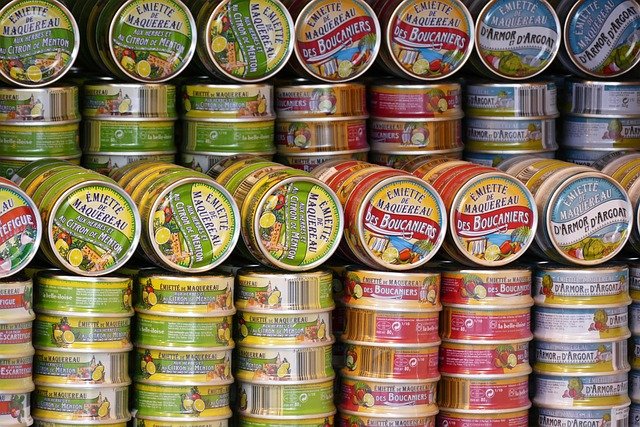
💡 Recipe idea: Whip up a Thai-inspired tuna power bowl with brown rice, avocado, shredded carrots, and a peanut-ginger dressing.
6. Sardines: Nutrient-Dense and Underrated
Tiny but powerful, sardines are brimming with vitamin D, calcium, omega-3s, and protein. They’re also low in toxins since they feed on plankton rather than other fish. Available fresh or canned, sardines are a versatile and affordable choice.
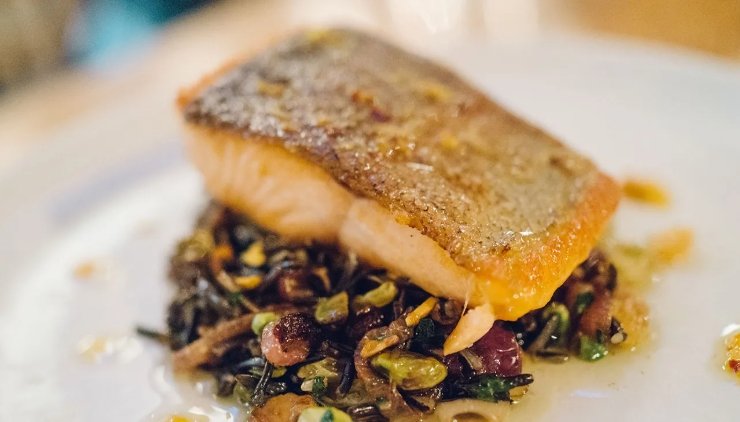
💡 Recipe ideas: Grill sardines with a fresh herb rub, toss them into a lemon-parmesan pasta, or keep it simple with sardine toast on whole-grain bread.
7. Swiss Cheese: A Tasty Bonus Source
Cheese lovers rejoice—Swiss cheese offers a modest amount of vitamin D, along with calcium and vitamin K, both essential for bone strength. It’s easy to add into salads, sandwiches, or baked dishes.
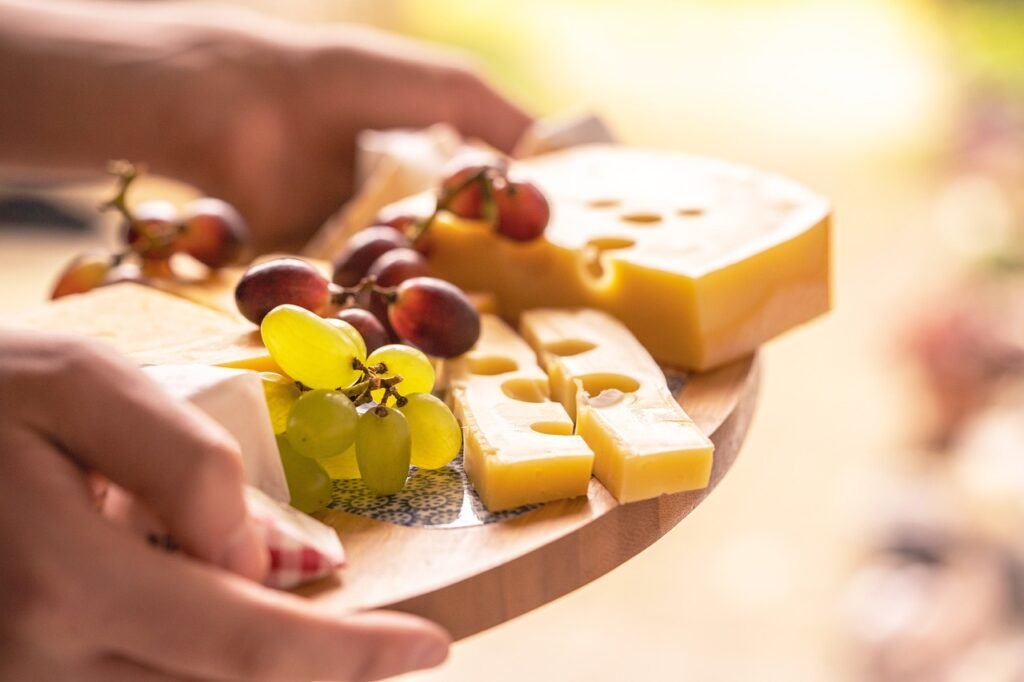
💡 Recipe idea: Make low-carb Swiss cheese crackers for a snack that supports your bones and satisfies your crunch cravings.
8. Cod Liver Oil: The Classic Supplement
Though not a go-to food for everyone, cod liver oil remains one of the most concentrated sources of vitamin D, plus vitamin A and anti-inflammatory omega-3s. If the flavor isn’t for you, capsule forms offer the same benefits with none of the aftertaste.

💡 Pro tip: Start with a small dose and work it into your routine, or consult your doctor about adding it to your supplement lineup.
Why You Should Care About Vitamin D
Vitamin D isn’t just about avoiding deficiencies—it’s about optimizing health. From supporting immune defense and mental well-being to preventing osteoporosis, diabetes, and certain cancers, this vitamin plays a vital role in long-term wellness.
The catch? Vitamin D is relatively scarce in everyday diets, especially for those avoiding animal products or living in low-sunlight regions. That’s why including these nutrient-rich foods can make a significant difference.
Bringing It All Together
Getting enough vitamin D doesn’t have to involve sunbathing or complicated supplements. With a little planning, you can integrate it seamlessly into your meals. Scramble eggs with mushrooms in the morning, enjoy a salmon salad at lunch, and snack on Swiss cheese in the afternoon. It’s not only doable—it’s delicious.
Let your plate be your sunshine. Your bones, brain, and body will thank you.

